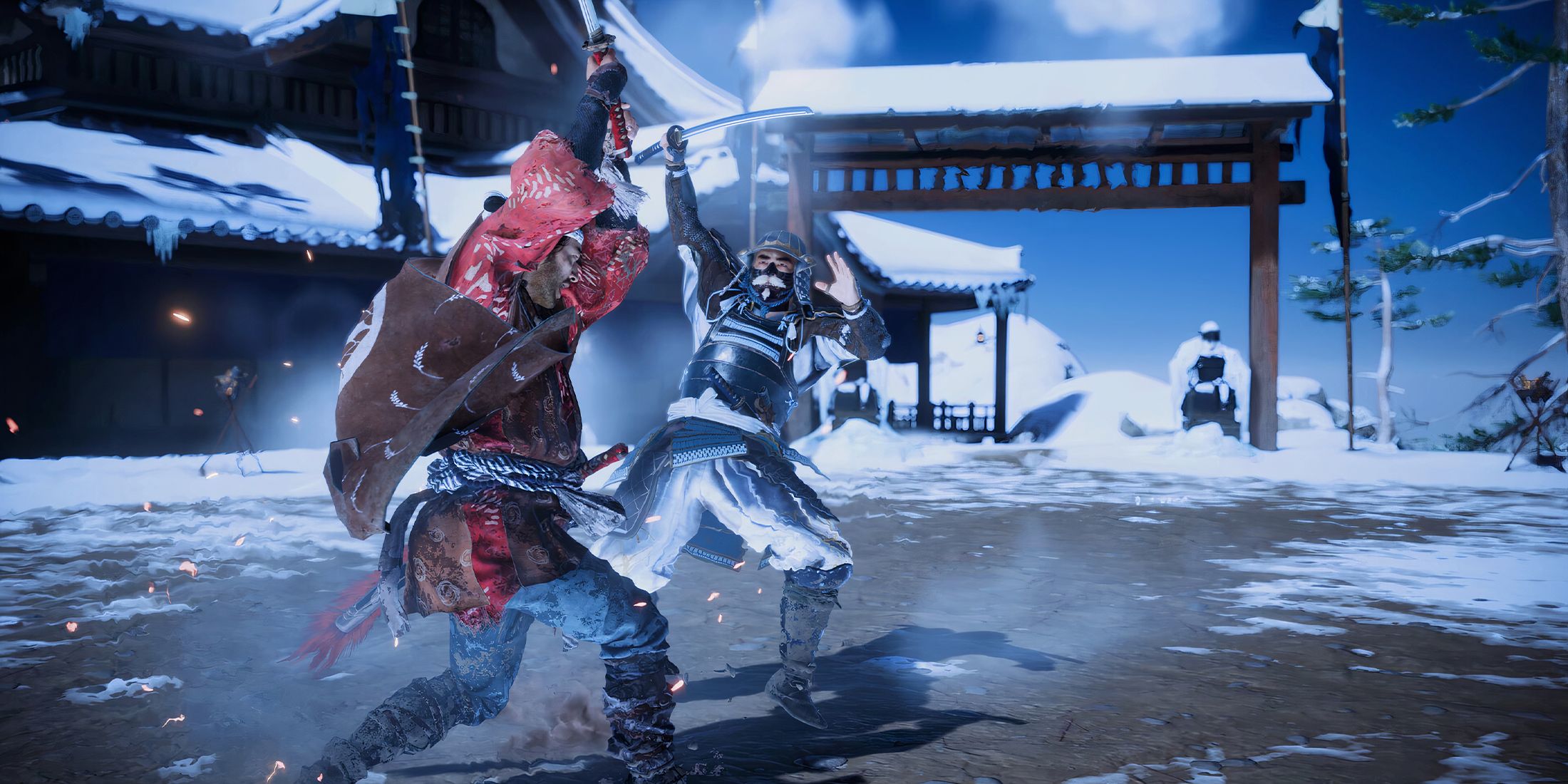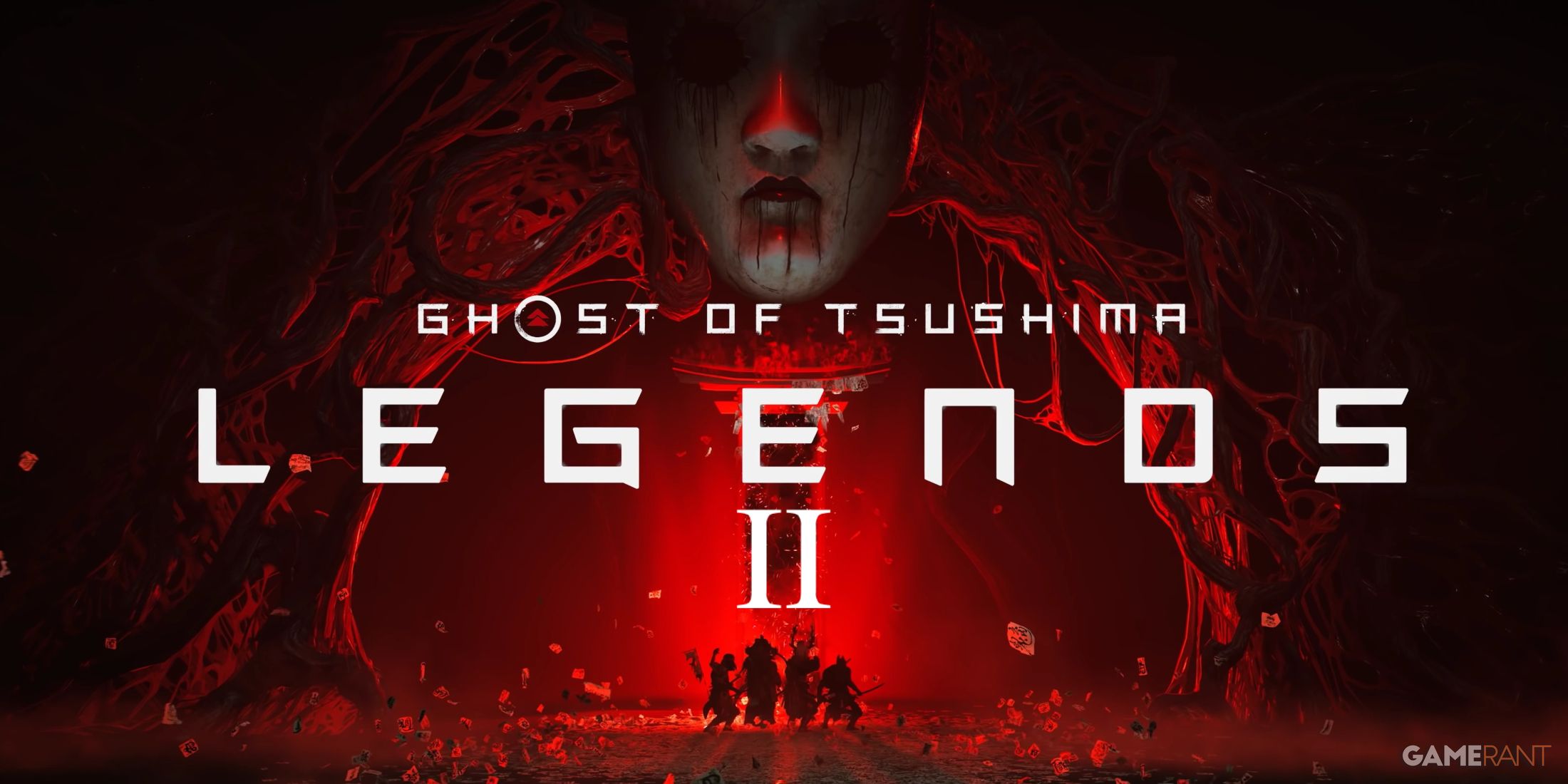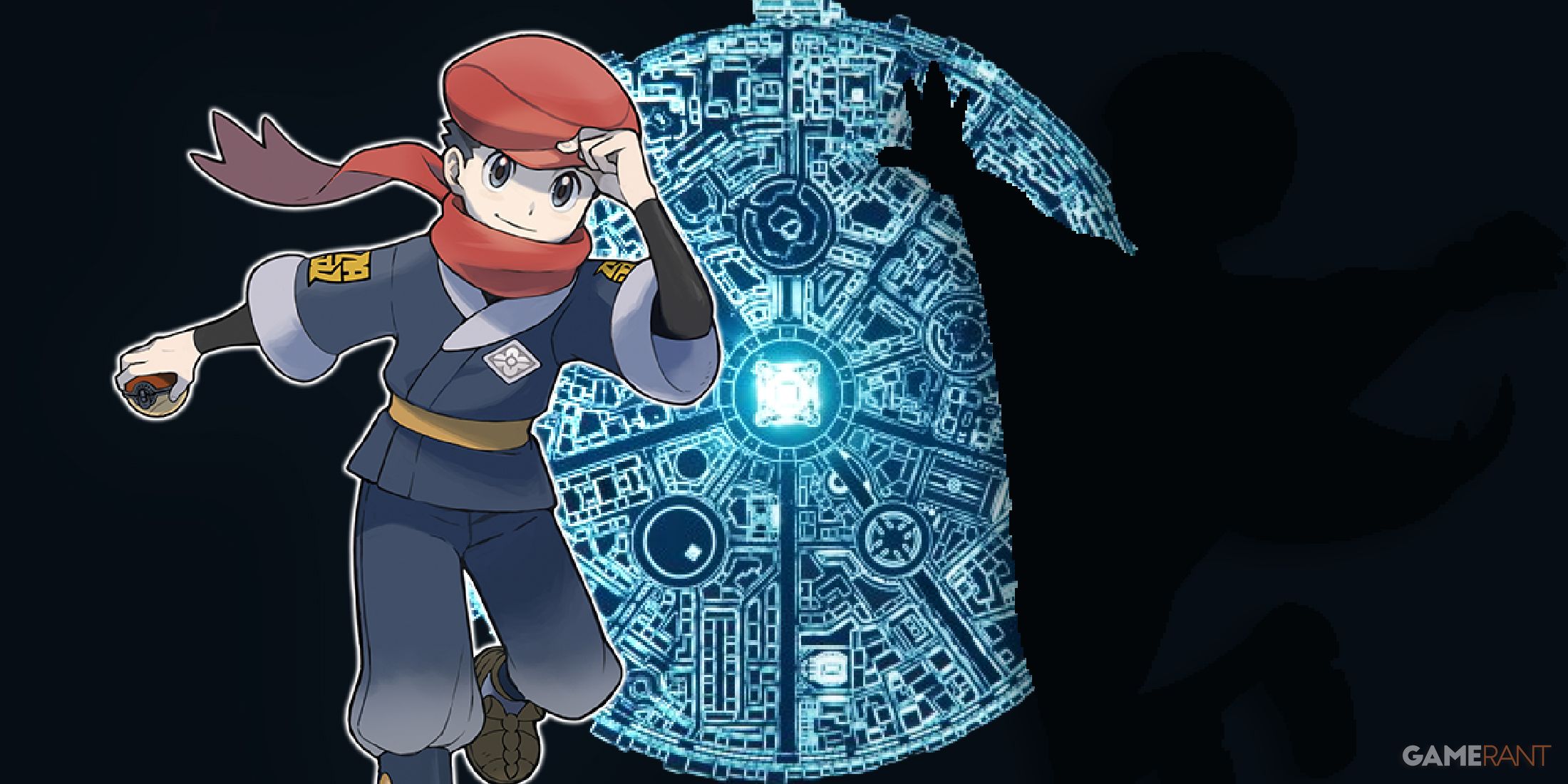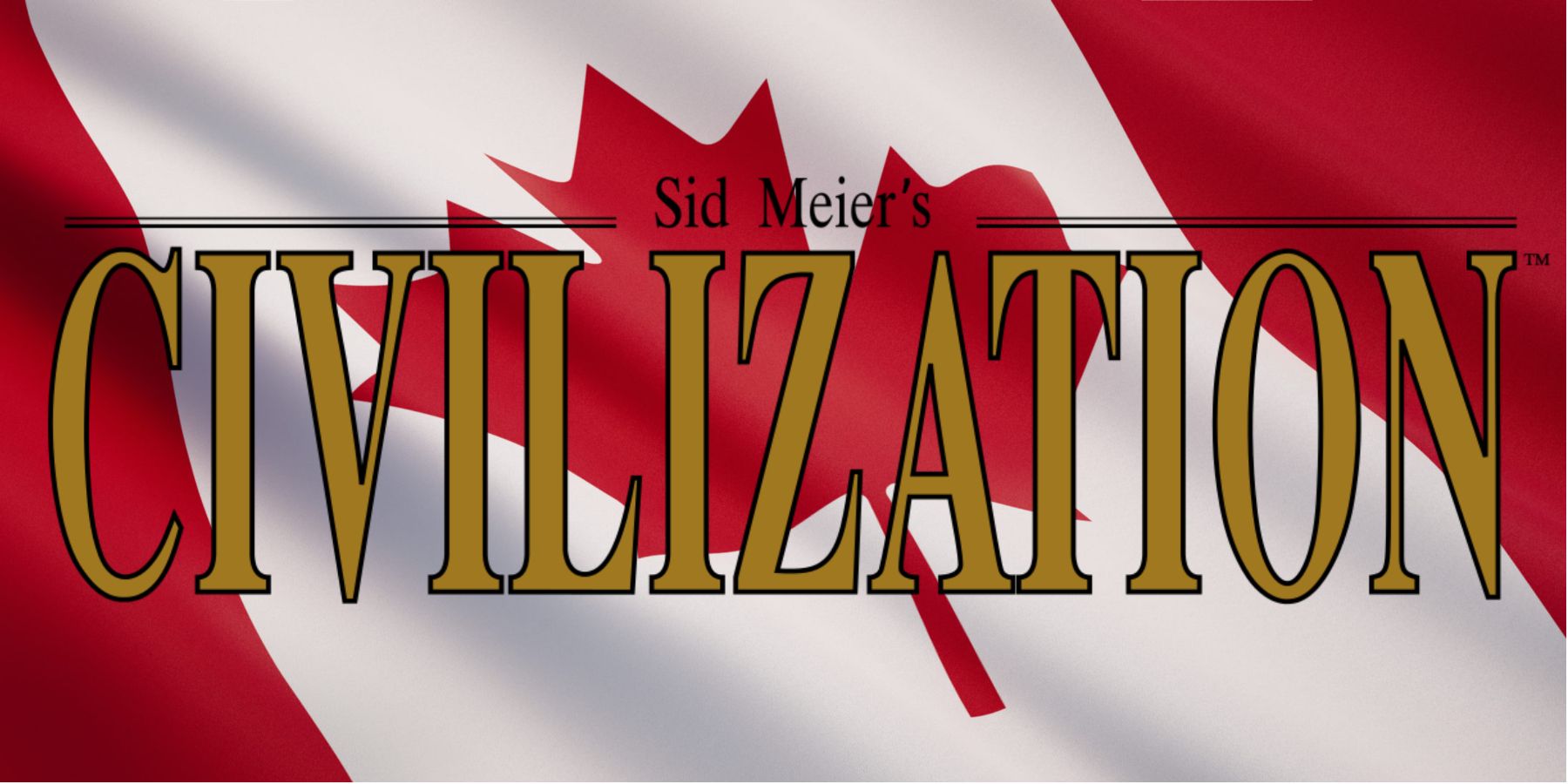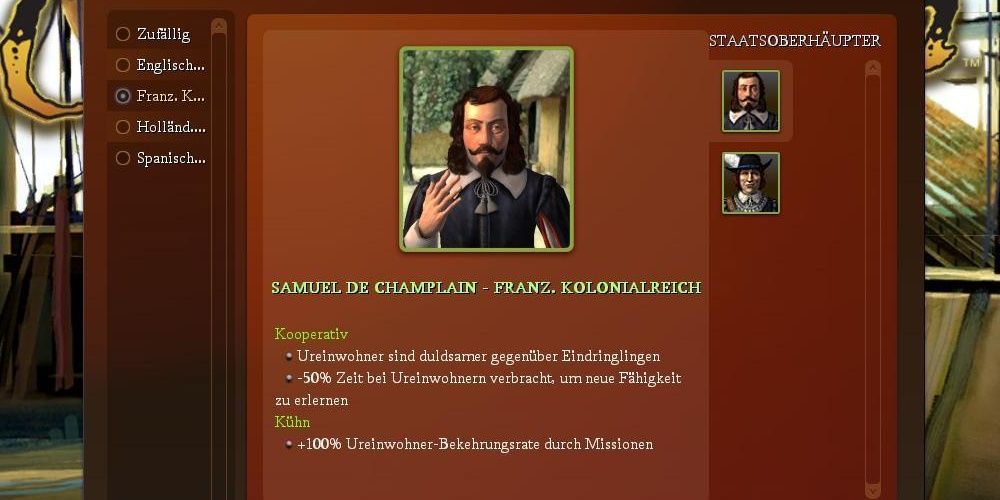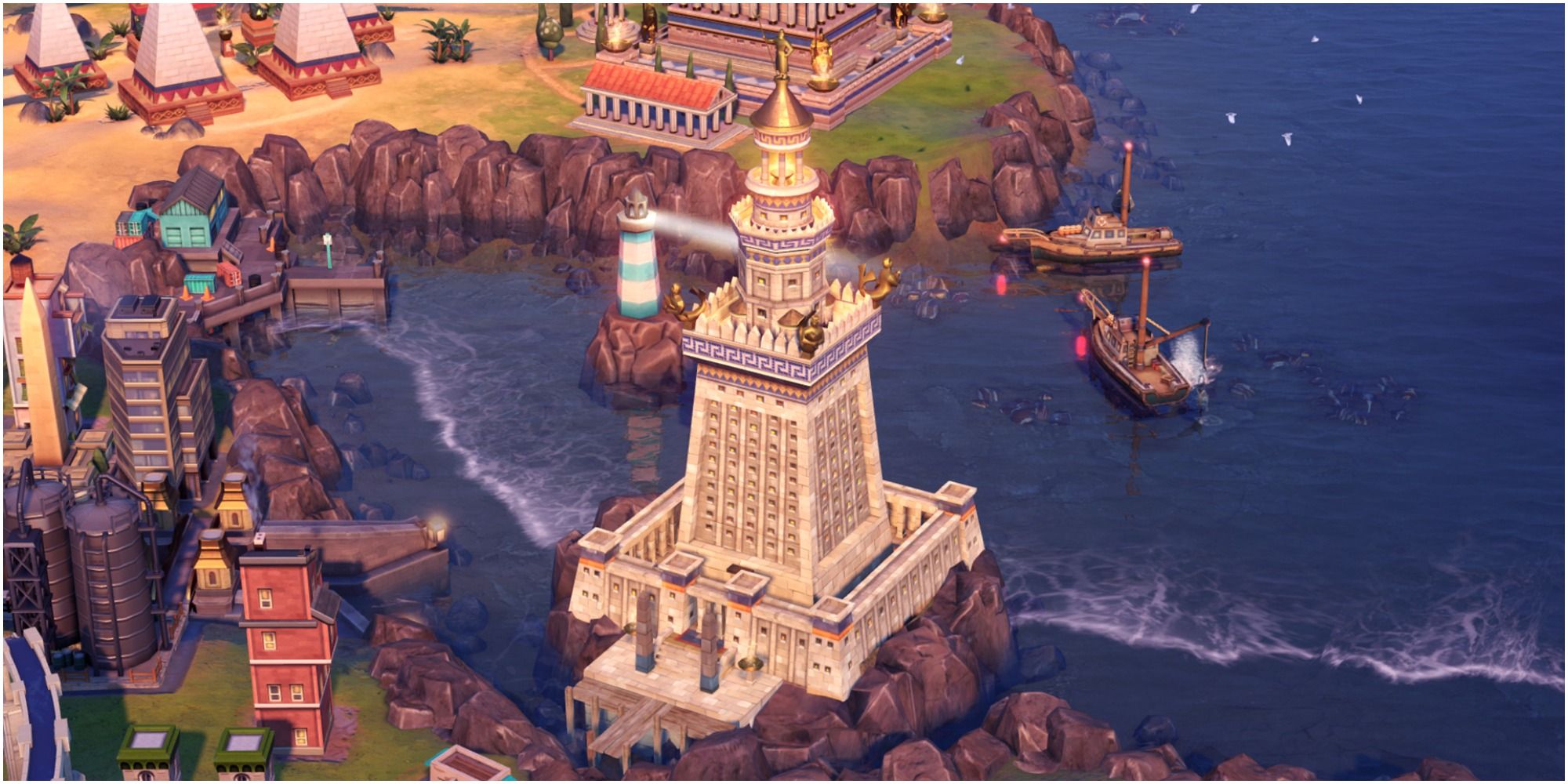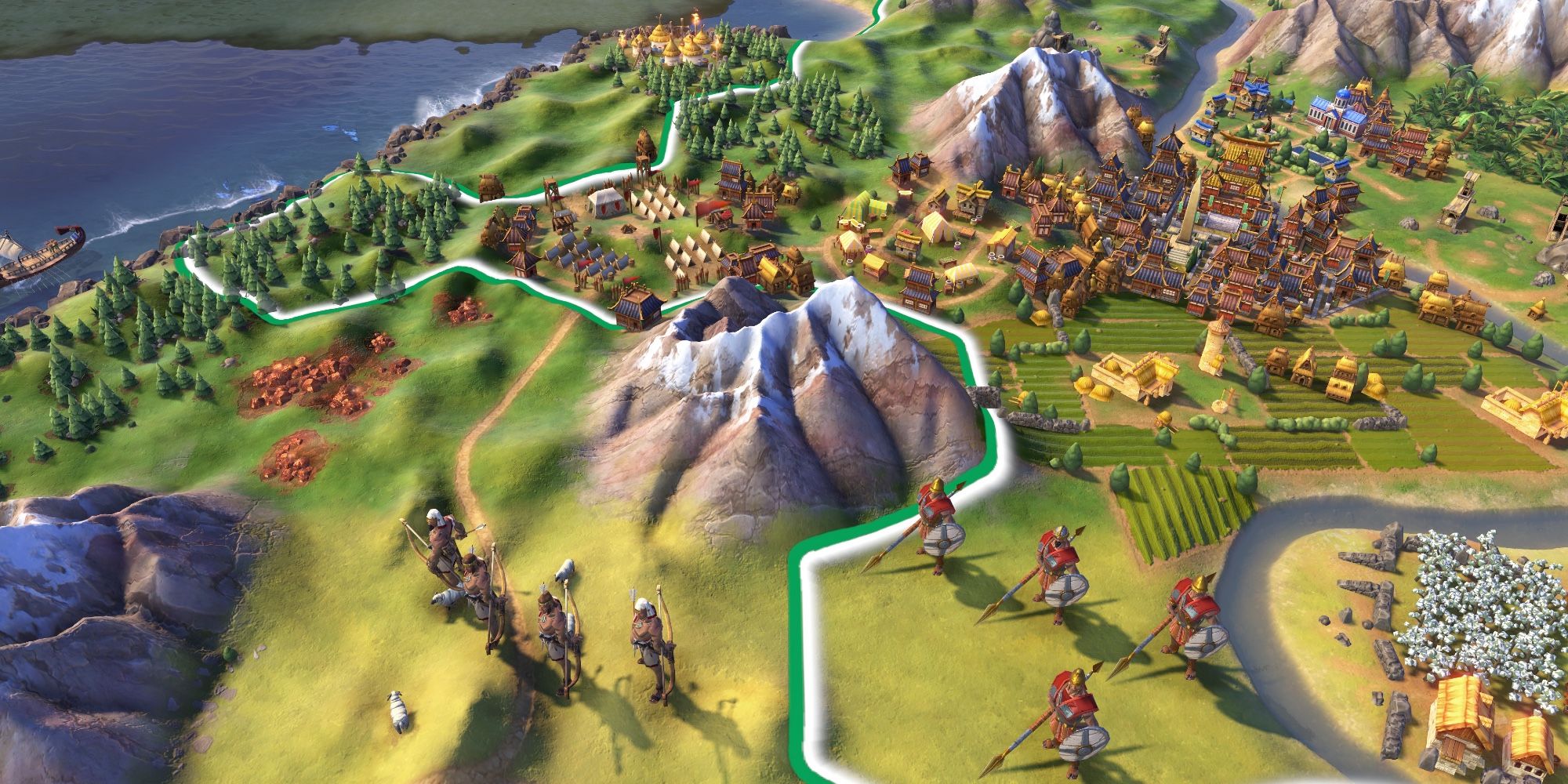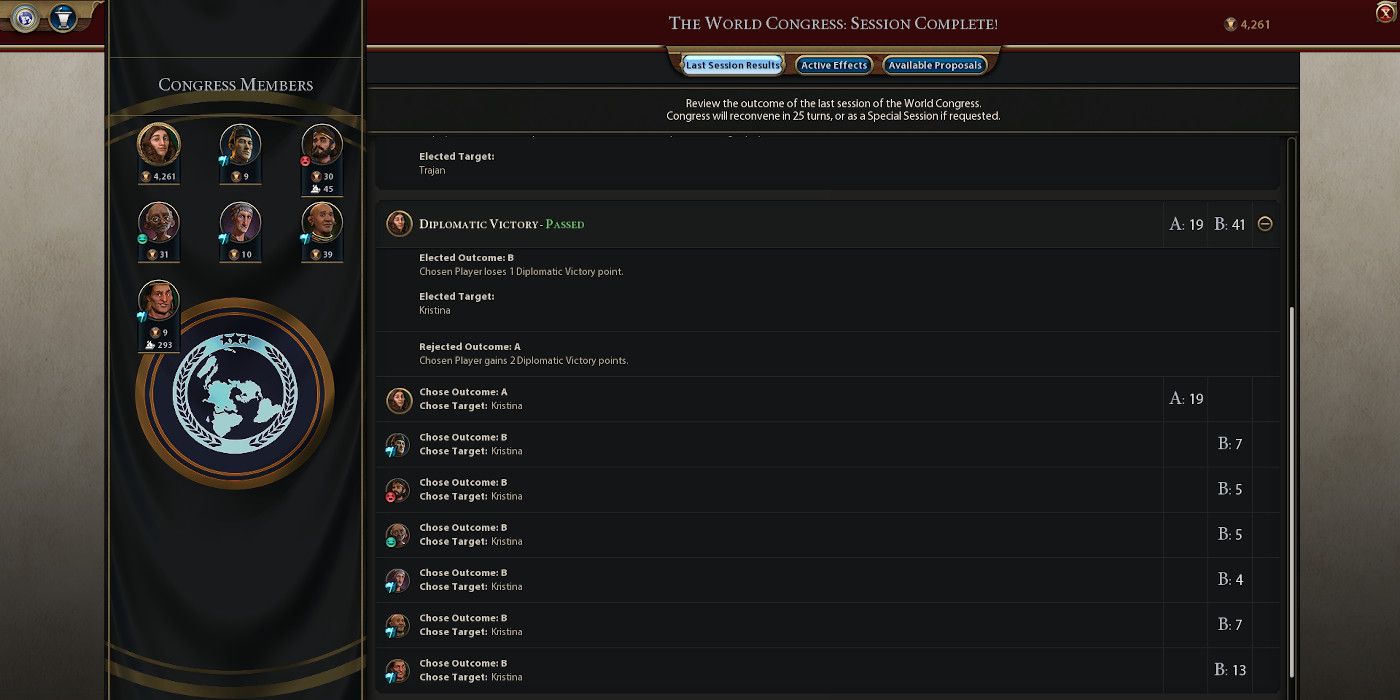Sid Meier's Civilization has included a variety of famous real-life civilizations from different locations and eras, each led by a famous historical figure. The odd mixing and matching of different civilizations and time periods games' appeal. It can produce weird situations like America being conquered by the Sumerians in the Middle Ages. It can even lead to crazy situations like having Queen Victoria, Queen Elizabeth I, and Eleanor of Aquitaine simultaneously running three different Englands. There are a lot of civilizations to choose from, and plenty more that can be added.
Civilization 6 introduced several new civilizations and leaders through its DLC. The Gathering Storm expansion would finally add one that had been long-requested: Canada. For a leader they chose one of Canada's greatest Prime Ministers: Sir Wilfred Laurier. Now with the announcement of Civilization 7, it would make sense to see Canada return in some form. But who which historical figure should be its leader this time? There are several possible options to choose from.
4 Samuel De Champlain
In the early 17th century Samuel De Champlain, an experienced sailor, took part in a series of expeditions through the St. Lawrence River into what is now Quebec. These efforts culminated in him founding the settlements of Quebec and Montreal. Unfortunately the initial colonies faced major setbacks, ranging from diseases to difficulty facing Canada's freezing winter. These problems necessitated help from the indigenous Huron tribe. Champlain managed to negotiate an alliance which included military support against their rivals, the Iroquois, and the establishment of the fur trade. Quebec would become a lucrative trade hub until it was taken over by the British.
Technically Champlain was a playable leader in the spin-off Sid Meier's Civilization IV: Colonization, but he has not yet been featured in any of the main games, and there is more that can be done with him. Based on his major accomplishments, Samuel De Champlain would have be suited to two things- exploration and trade. This could translate into an advantage for reconnaissance units, possibly allowing them to move further in one turn or uncover wider areas. The trade aspect could be represented by an increase in trade route capacity, perhaps allowing him to start with two traders, or even produce double similar to Tomyris' cavalry ability. Finally, there could be an advantage to entering joint wars with other civilizations, perhaps in the form of a combat strength increase.
3 Alexander MacKenzie (1873-1878)
The second Prime Minister of Canada came from working-class roots, specifically as a stonemason, something which influenced his political views. In 1878, MacDonald was forced to step down after the Pacific scandal, leaving MacKenzie to clean up his mess. During his career as Prime Minister, Alexander MacKenzie would oversee the construction of several important buildings that still stand today, fought against corruption in the government, and introduced the private ballot voting system. Sadly, MacDonald was ultimately the more charismatic leader and managed to regain public favor, ending MacKenzie's five-year term.
Based on his background and accomplishments, the logical treatment for Alexander MacKenzie in Civilization would be a leader who specializes in construction and public service. This could come in the form of faster production times for buildings and districts, perhaps with Parliament as a unique building. His interest in fighting corruption could also be translated into obtaining civics faster than other civilizations. And, if we really want to factor in his skills, perhaps having access to the masonry right away.
2 Robert Borden (1911-1920)
Robert Borden became Prime Minister just in time for World War I, a conflict which would test his resolve as a leader. Borden would mobilize the Canadian armed forces in support of Britain, while also dealing with the frustrating political drama going on with his allies. Under his leadership, the Canadian military would, at the time, become widely regarded as a force to be reckoned with. Borden's policies were not the most popular, especially when he began instituting conscription policies. But he was able to play a major role in securing an allied victory during the war.
With the big defining moment of his career being his contributions to World War I, it would make sense for Borden to break away from the reputation of other Canadian leaders. In Civilization 6, Borden's political rival Wilfrid Laurier is tailored for an extremely non-aggressive playstyle, and the same would likely be true of others on this list. Borden would have to be adapted to a more militaristic approach. He could come with an advantage towards supporting joint wars with other civilizations or military emergencies.
1 Lester B. Pearson (1963-1968)
The Suez crisis of 1957 created an international incident that saw several countries gearing up for armed conflict. In an effort to prevent disaster, Lester B. Pearson proposed the radical idea of deploying United Nations soldiers into Egypt as "peacekeepers" with the goal of preventing an armed engagement by any of the opposing sides. This plan was important to ending the crisis and led to Pearson receiving the Nobel Peace Prize, as well as shaping the role of Canada's military in future wars. Although best known for his part in the crisis, Pearson went on to be Prime Minister through most of the 60s, during which he time he focused on policies centered around non-violence.
Lester B. Pierson would have to be tailored for players interested in avoiding armed conflict. This would most likely mean encouraging prioritization of diplomacy, culture, and economics. That said, it could be interesting to take inspiration from his most famous accomplishment and experiment with a "peacekeeping" mechanic. The most logical way to translate this into the game would be a unique ability to disrupt wars between other civilizations by deploying military units between them, making it harder to fight. Such a tactic would be a good way to complicate domination victories by other leaders.
Sid Meier's Civilization 7 is currently in development.

